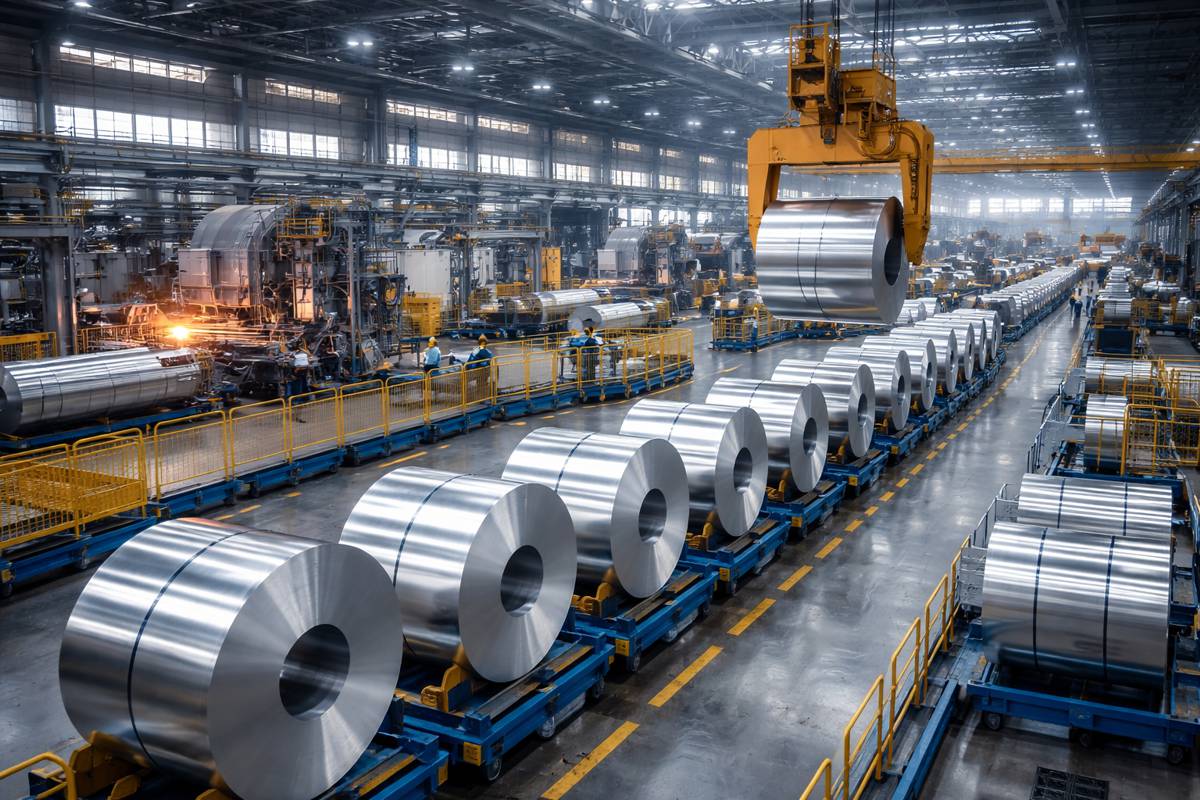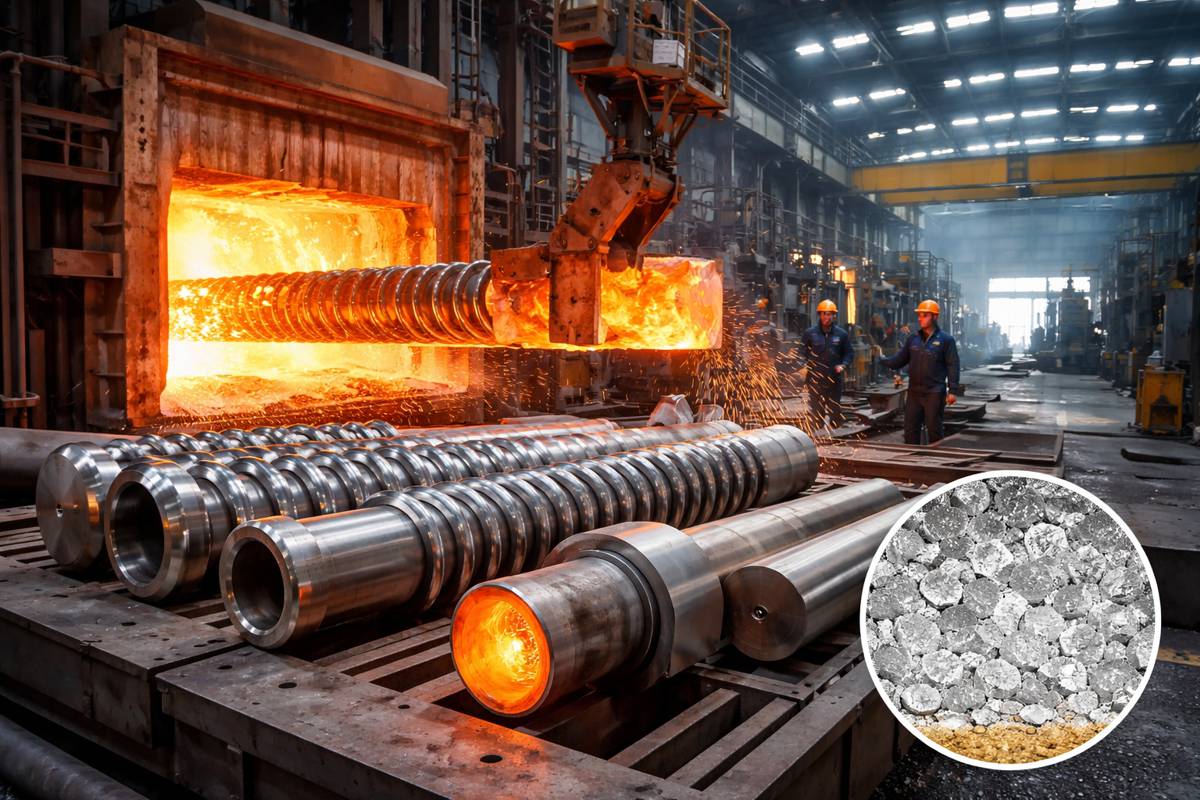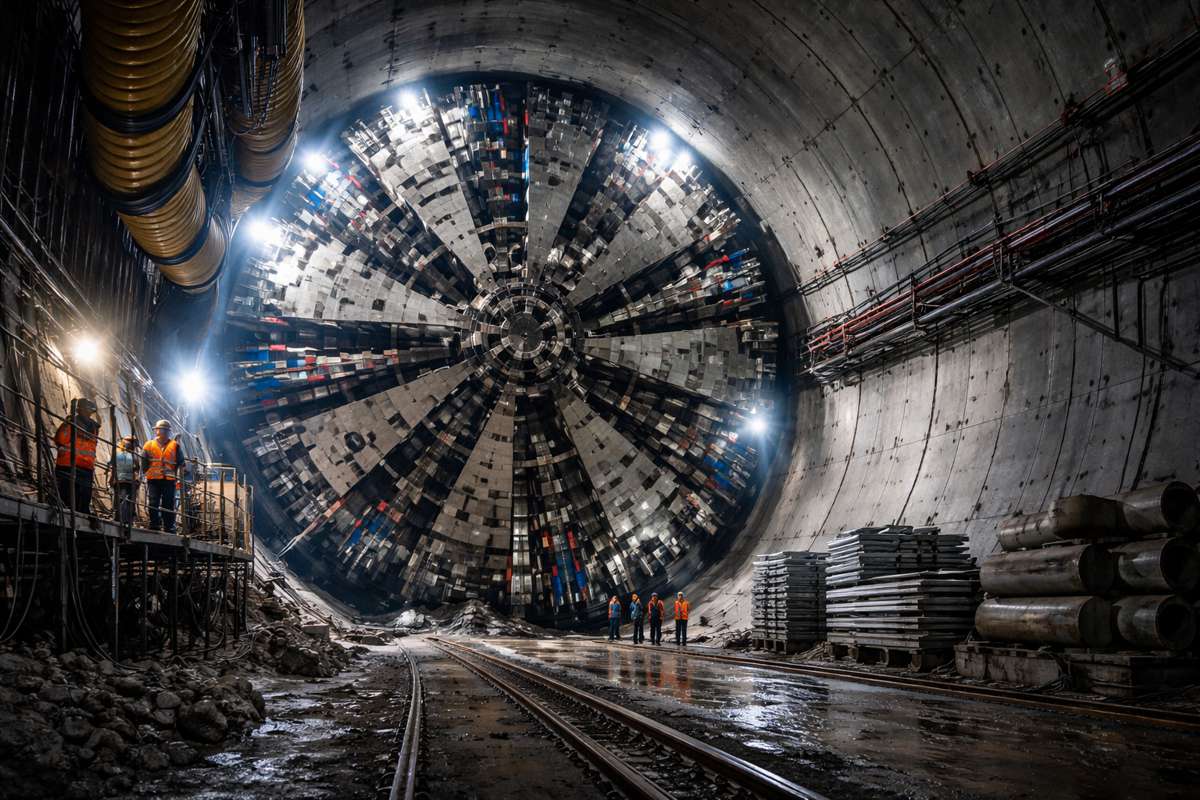Creating Sustainable Roads with Biochar Farm Waste
Every road we drive on is a carefully engineered mix of crushed stone, sand, and petroleum-based binders. But while traditional asphalt has shaped global infrastructure, its production comes at a significant environmental cost. The release of toxic fumes during manufacturing and installation raises health concerns, and the industry’s reliance on petroleum contributes to carbon emissions.
Enter biochar—a potential game-changer in the push for greener road construction. Leading this innovation is Xianming Shi, chair of the civil and architectural engineering department at the University of Miami, whose team is exploring how farm waste can be converted into biochar to replace petroleum in asphalt. Backed by a $1 million grant from the U.S. Department of Agriculture, the research aims to reduce carbon emissions, improve road longevity, and even provide new economic opportunities for farmers.
The Science Behind Biochar
At the core of this pioneering research is biochar, a carbon-negative material derived from agricultural waste. By using a process called pyrolysis—where organic waste is heated in a low-oxygen environment—materials such as orchard trimmings, wheat straw, and poultry litter are transformed into biochar. Not only does this prevent waste from decomposing and releasing harmful methane gases into the atmosphere, but it also creates a high-value material capable of reinforcing asphalt while sequestering carbon.
“This is an exciting opportunity, as this is likely the very first solution to truly move asphalt pavement toward net-zero—that is, carbon neutrality,” said Shi. “In addition, we can clearly observe fewer toxic fumes being emitted from asphalt pavement during production.”
Beyond its environmental benefits, biochar-modified asphalt could also enhance the structural integrity of roads, potentially extending their lifespan and reducing maintenance costs. With millions of tons of organic waste produced annually, this method offers a scalable and sustainable alternative to petroleum-based binders.
Transforming Waste into a Revenue Stream
Agriculture and road construction might not seem like an obvious pair, but this project is proving otherwise. Farmers often struggle to dispose of vast amounts of organic waste, which is typically discarded or left to rot, contributing to greenhouse gas emissions. By repurposing this waste into biochar, the project not only diverts harmful materials away from landfills but also creates an entirely new market for farm by-products.
“This project goes beyond engineers working together to decarbonize asphalt,” Shi explained. “This is a bold approach that will essentially create a new market and green jobs; that is why we also consider the socioeconomic dimensions of this innovation.”
To fully explore the economic potential of this approach, Shi’s team includes three economists who will assess how biochar integration could benefit local communities. Farmers and poultry producers stand to gain significantly, as this emerging demand for biochar could generate additional revenue streams in the agricultural sector.
Real-World Testing with Tribal Communities
While laboratory experiments and controlled testing environments are crucial, nothing proves a material’s viability like real-world application. That’s why Shi and his research partners—from California State University-Chico, Washington State University, and the University of Georgia—are taking this innovation to the field.
The team has partnered with two tribal communities to incorporate biochar-enhanced asphalt into local paving projects. These real-world case studies will help researchers measure performance, durability, and overall effectiveness under varying environmental conditions. If successful, this could pave the way for wider adoption of biochar-modified asphalt across the country, and eventually, the world.
Climate-Driven Engineering
The push for carbon-neutral infrastructure isn’t just a passing trend—it’s a necessity. With climate change accelerating, industries worldwide are under pressure to reduce their environmental impact. Shi’s work represents a significant step in this direction, aligning with a broader mission to decarbonize infrastructure and enhance climate resilience.
“We are transforming into a climate infrastructure engineering department,” Shi stated. “We have faculty doing exciting research on the decarbonization of the built environment—whether it’s roads, bridges, tunnels, ports, or buildings—especially looking at how we can reduce their carbon footprint. Being in Miami, it makes sense to also focus on coastal resilience, with internationally known innovations like the SEAHIVE for coastal defence.”
By integrating biochar into road construction, this initiative not only addresses the environmental impact of asphalt but also opens doors to further research on sustainable infrastructure materials.
A Sustainable Road Ahead
Shi’s research signals a paradigm shift in infrastructure development—one that leverages waste materials to build a cleaner, more resilient future. With biochar demonstrating the potential to reduce emissions, improve road durability, and create economic opportunities, this breakthrough could redefine how roads are constructed worldwide.
If widely adopted, biochar-modified asphalt could play a vital role in achieving global sustainability goals. The project is still in its early stages, but with continued research and real-world testing, the dream of net-zero asphalt roads may soon become a reality.





























